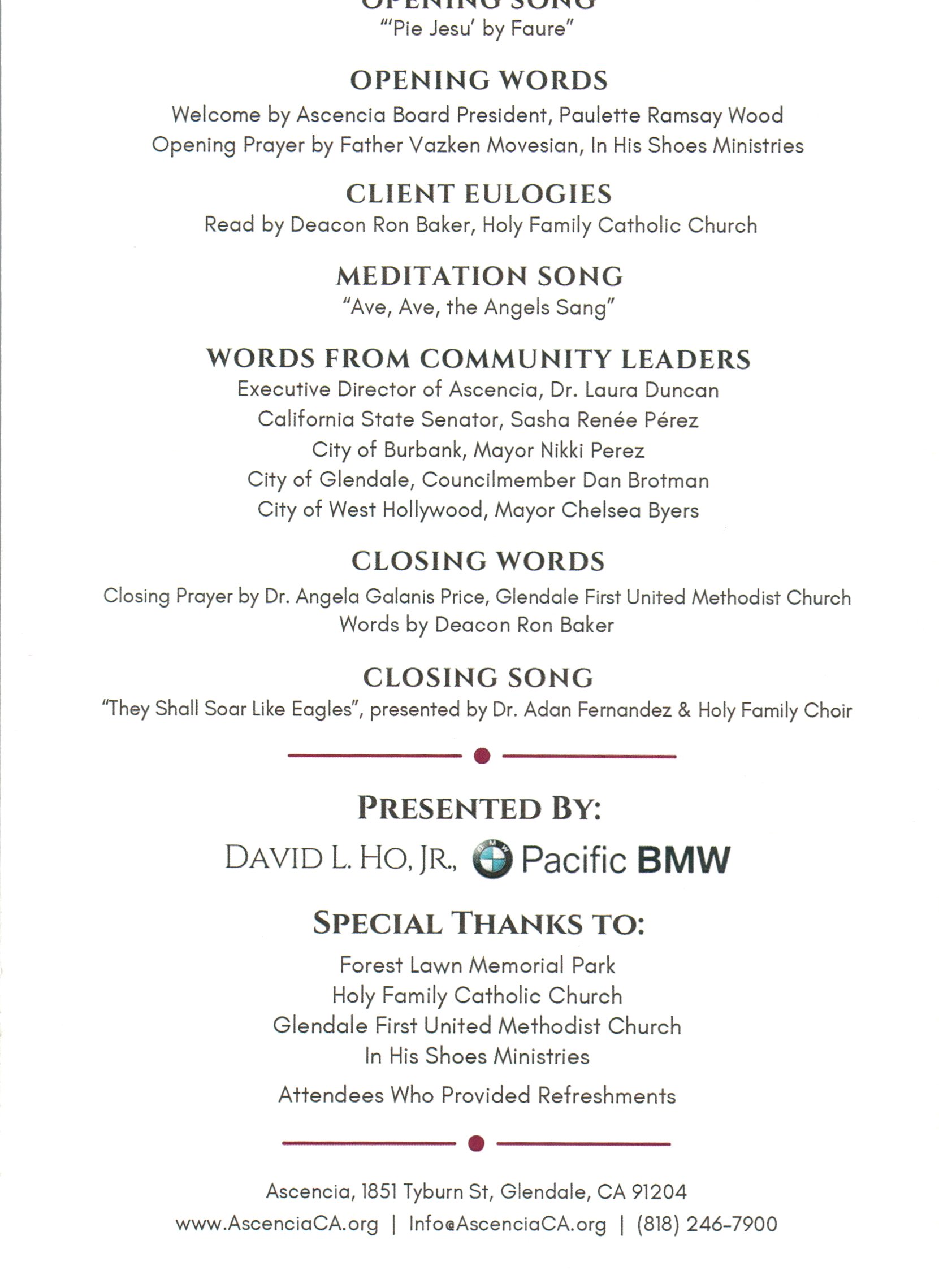Theophany: God Revealed
Armodoxy for Today: The Theophany – Christ is born and revealed!
We have arrived at the Theophany. Advent has prepared us to accept with clarity and purpose, the great news: Christ is Born and Revealed. More than a “Christmas Celebration” we now understand the great Revelation: “For God so love the world that he gave his only begotten Son…” (John 3:16) Most have learned or memorized this passage by heart. Following Advent, and this Advent Journey, I trust that these words resonate deep in your spiritual consciousness.
It is not by accident that we have not spoken about the virgin birth, the obedience of Joseph, the visit of the Magi or the shepherds’ vigil thus far. No worries, we will. But today we move to the Baptism of Jesus, the starting point of his ministry. The Baptism is recorded by all the evangelists – Matthew, Mark, Luke and John – in their Gospels. In a very real sense, his baptism was the “birth” of him ministry. Reading the account of St. Matthew (chapter 3) we find, “When He had been baptized, Jesus came up immediately from the water; and behold, the heavens were opened to Him, and He saw the Spirit of God descending like a dove and alighting upon Him. And suddenly a voice came from heaven, saying, ‘This is My beloved Son, in whom I am well pleased.’”
At this one moment in history, God is revealed as the Holy Trinity. The Son of God stands in the River Jorden, the Holy Spirit descends on Jesus in a dovelike manner and the voice of God the Father is heard. The Revelation of all three Persons of the Holy Trinity gives definition to the Feast of “Theophany.” Asdvadzahaydnoutiun
In the Armenian Church the Feast of Theophany encompasses all of the events in the life of our Lord Jesus from his Birth to his Baptism. At the conclusion of the Divine Liturgy, water is blessed to symbolize the Baptism of Jesus. Into the water is poured Holy Miuron, that is chrism or “Holy Oil” which comes from the time of Christ and is preserved and renewed in the Armenian Church every seven years.
Today is a new beginning. It is a new day of celebration. In modern terms, you can think of it as a hard reset, it is like hitting the reset button on your device and coming back to the original form. In this case, were back – reset – life as it was meant to be. Today, the Light shines bright, for the Author of Light is shining in our hearts.
Now that you have arrived at Theophany after this intense period of Advent, I invite you to follow along the daily podcasts, “Armodoxy for Today” where we will explore the intricacies of the Armenian Church and her faith. The OG – original Gospel message as presented by the Armenian Church. If you have missed any of the Advent series, you’ll find the lessons archived on Epostle.net. Moving forward, we’ll learn where the Christmas narratives of shepherds, wisemen and stars fit into our Faith? What is the mystical and magical quality of Holy Miuron? What is the strength of the Holy Divine Liturgy that is repeated every week? Because Armodoxy for Today connects the dots between the ancient and the current, the sacred and the secular, our relationships today with the beauty of God’s Kingdom and His Love and Kindness for each of us.
On this special day, our prayer is the prayer of the Angels, let there be peace on earth and good will toward all. I leave you today with a special hymn, Aysor Hayragan, Today the Voice of the Father, is heard at the River Jordon and in our lives today. It is meditative and I invite you to be swept away by the melody and this celebratory rendition by the Vem Radio Choir. (Visit the Vem website for broadcasts and information.)
Christ is Born and Revealed! Blessed is the Revelation of Christ.



